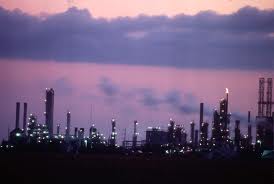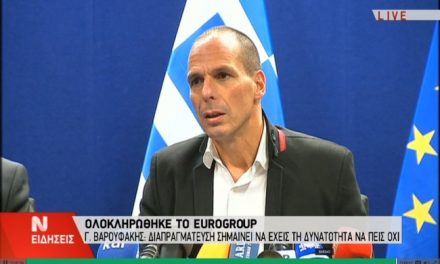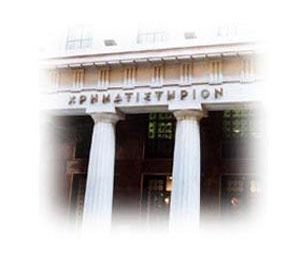By Dan Strumpf and Jerry A. DiColo
Oil futures surged above $100 a barrel Wednesday after the Organization of Petroleum Exporting Countries said it would leave production quotas unchanged.
A much larger-than-expected decline in U.S. crude-oil inventories Wednesday also helped to keep prices elevated.
Light, sweet crude oil for July delivery rose $1.63, or 1.7%, to $100.72 a barrel on the New York Mercantile Exchange, after spending the morning in negative territory. Brent crude oil on the ICE futures exchange advanced $1.22 to $118.00 a barrel.
OPEC’s decision came as a surprise to oil-market participants, who had widely expected the group to boost its output ceiling.
“This decision today is giving the market an excuse to continue to maintain $100 [a barrel],” said Matt Zeman, chief market strategist at Kingsview Financial.
Gulf states led by Saudi Arabia, the world’s top exporter, had been pushing a plan to raise production quotas by 1.0 million to 1.5 million barrels a day. However, some member nations, including Iran and Venezuela, had opposed an increase, saying supplies are sufficient. Iranian Oil Minister Mohammad Aliabadi, the current president of OPEC, said there is no shortage in the market.
Investors quickly pushed prices above the $100 level following the decision, though prices still remain well below the $113 level hit in late April.
A 4.8-million-barrel decline in U.S. crude-oil stockpiles helped to keep prices elevated, though analysts attributed much of the inventory decline to rising production of fuel products and the shuttering of a major pipeline bringing oil supplies from Canada.
The data, released by the Department of Energy, were expected to show a 400,000-barrel decline in U.S. oil stockpiles, according to a Dow Jones survey of analysts.
Gasoline stockpiles rose by 2.2 million barrels, while distillates increased by 800,000 barrels. Both increases were larger than expected.
Still, OPEC remained front and center for most market participants. Following the meeting, Saudi Oil Minister Ali Naimi said Gulf Countries “will meet market demand” regardless of OPEC’s decision.
“Of course the countries that don’t have spare capacity don’t want to raise output,” said Tom Bentz, director of BNP Paribas Commodity Futures in New York. “To be honest, the Saudis said before the meeting that they’ll do whatever they have to do to add supply to this market. And they will.”
Front-month July reformulated gasoline blendstock, or RBOB, recently fell 0.26 cent to $2.9893 a gallon. July heating oil advanced 1.30 cents to $3.0900 a gallon.



















